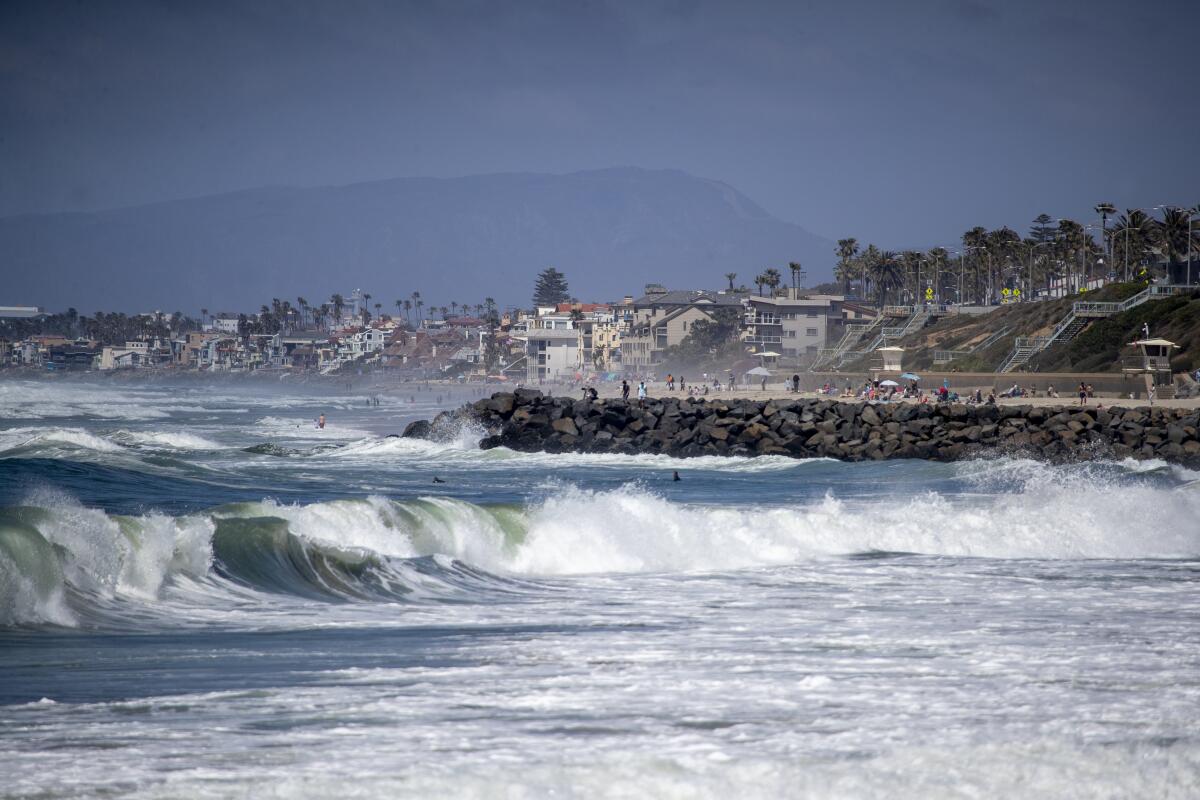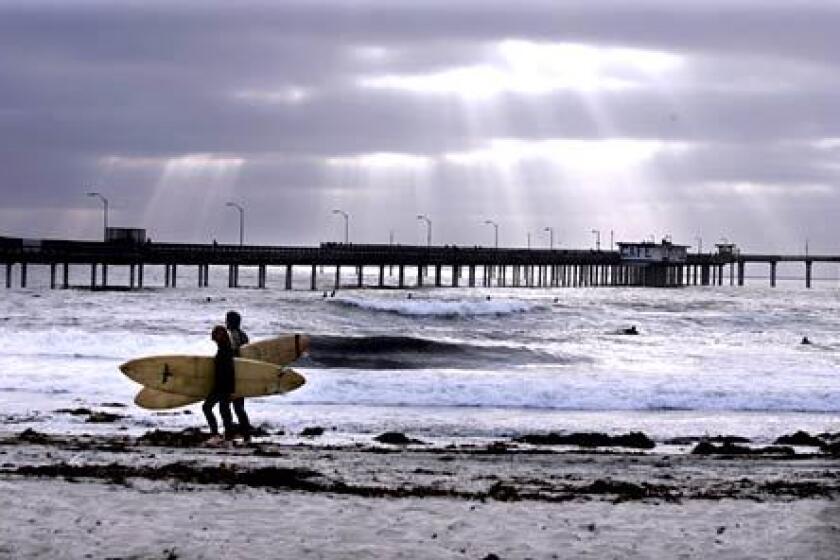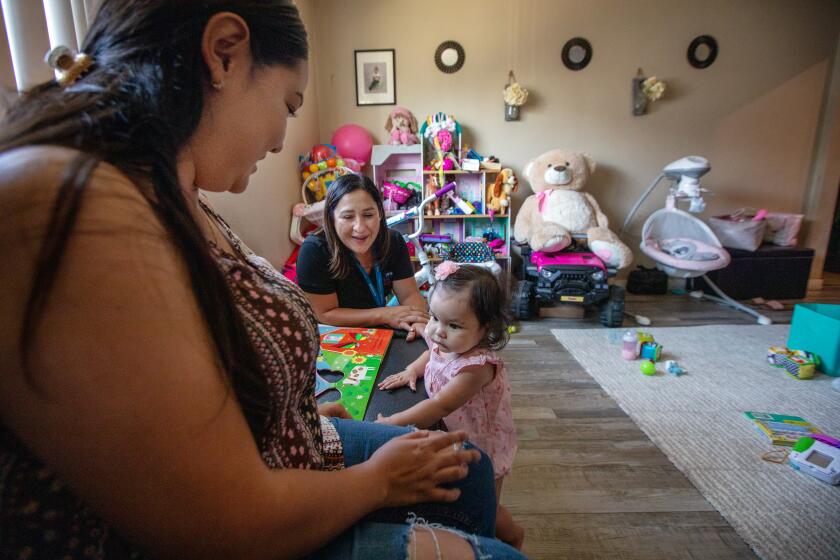This California beach city just barred people from smoking in their own apartments, condos

Smokers living in apartments, condos and townhomes in Carlsbad will now have to think twice about lighting up inside their homes.
The beach city Tuesday became the first in San Diego County to expressly ban smoking and vaping of cannabis and nicotine products inside all local multifamily residential buildings.
While the city’s ordinance prompted some complaints about government prying into the private lives of residents, others applauded city leaders for prioritizing the health of nonsmokers living in units that are inundated by their neighbors’ secondhand smoke.
Gov. Gavin Newsom did what his two predecessors refused to do: prohibited smoking and vaping in most areas of California state parks and beaches.
Advocates of the ban noted that cigarette smoking is the leading cause of preventable death in the United States, resulting in more than 480,000 deaths annually, according to the U.S. Centers for Disease Control and Prevention. Secondhand smoke exposure can cause a variety of ailments, including heart disease, stroke and lung cancer, federal health officials say.
“This is more than an annoyance,” resident Katrina Preece told the City Council last year about the effects of secondhand smoke. “This is a painful and alarming health hazard.”
Officials in Carlsbad began discussing an ordinance prohibiting smoking inside multifamily properties with three or more units roughly a year ago.
Smoking was for decades permitted in locations such as restaurants, shops and even airplanes. But the habit has largely fallen out of fashion in American culture as more people became aware of the potential health effects, the cost of lighting up continued to increase and many cities took steps to ban smoking in most public spaces.
U.S. adults are smoking less. Cigarette smoking dropped to another new all-time low last year, but e-cigarette use rose, to about 1 in 17 adults.
At least 84 other California municipalities, including Beverly Hills, Culver City, Manhattan Beach and Pasadena, have banned smoking in some multifamily private residences, according to the American Nonsmokers’ Rights Foundation.
In addition to barring people from lighting up inside private homes, the Carlsbad ordinance also prohibits smoking on private balconies, porches, decks, patios and common areas that are not designated as smoking locations. The law does not apply to single-family homes, including those with an accessory dwelling unit.
Mayor Keith Blackburn said during a council meeting last August that a ban on smoking would help property managers more easily enforce their anti-smoking policies. Several complexes in Carlsbad already have existing nonsmoking clauses in their leases.
“A lot of times managers don’t want to get into a confrontation because it’s just a policy or it’s just in the lease and [the renter] knows you’re not going to evict them for smoking,” Blackburn said. “So I looked at this and I thought, at least for the managers, we’re going to give them a tool.”
California’s tobacco tax funds resources for young kids. But with sales declining and a flavored tobacco ban in place, First 5’s child programs are at risk.
But others worried the law would become an unnecessary burden for property owners.
The city, citing limited resources, said police and code enforcement officers will not enforce the law. Instead, landlords and other tenants will be able to take legal action against violators.
Councilmember Melanie Burkholder, who cast the lone dissenting vote on the ban, on Tuesday said she doesn’t think local police should be in the business of telling residents whether they can smoke in their homes.
“It just seems like it’s kind of out of place,” she said during a meeting last year.
Will Creagan, chairman of Southwest Equity Partners — a San Diego County-based property management company — put it more bluntly in a letter this month to city staff: “So you pass an ordinance and then tell the property managers, ‘You need to enforce this’ ... good luck. This is another clear case of government overreach.”
The law will go into effect in January.
More to Read
Sign up for Essential California
The most important California stories and recommendations in your inbox every morning.
You may occasionally receive promotional content from the Los Angeles Times.














